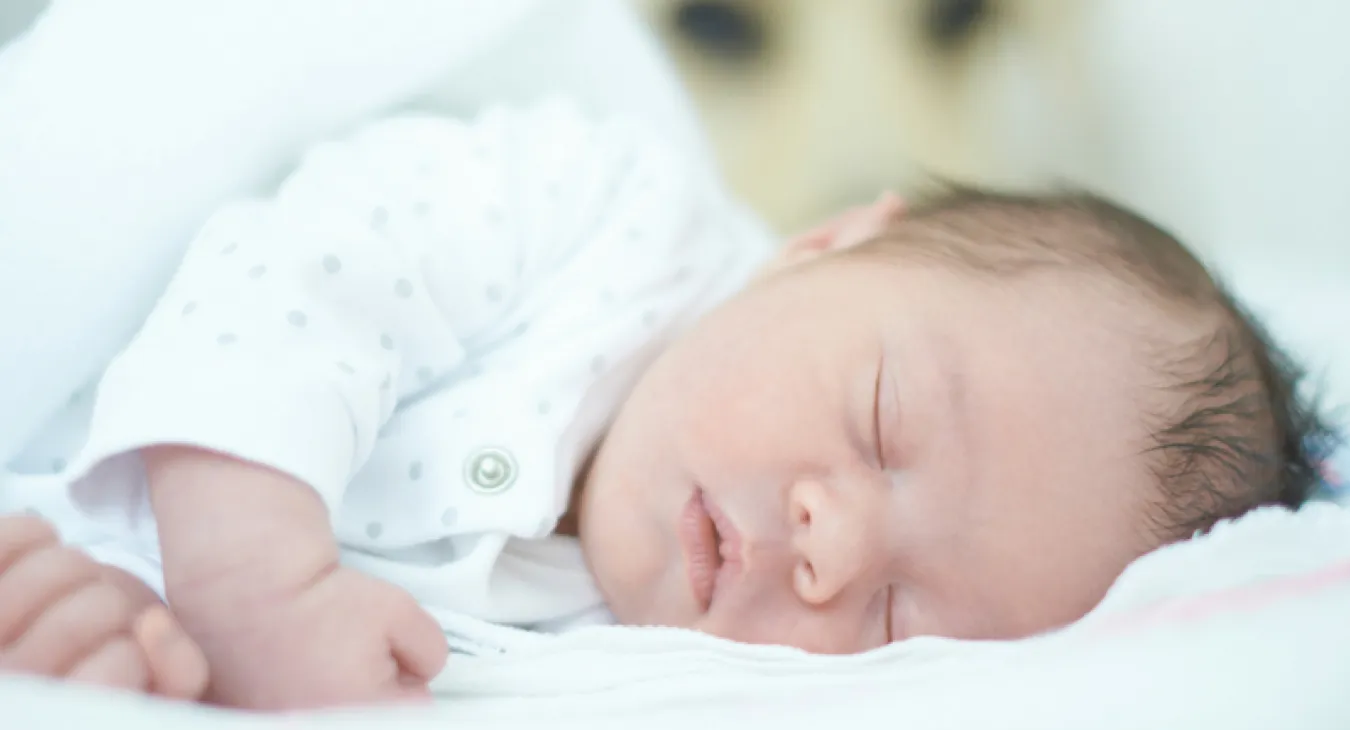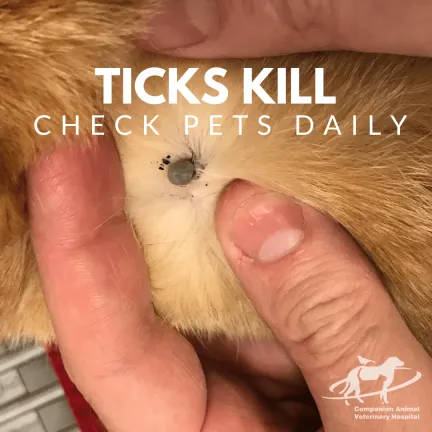We all know that having a baby will mean big changes to a household. However, don't forget the effect it will have on the 4 legged members of the family!
Planning for change
Dogs and cats like routine and often don't cope well with change. There are many things that can be done to decrease the effect of this change and make the transition easier and safer for all members of the family.
The most important thing is to plan ahead (if possible).
Think about the changes that are going to occur in your pets life:
- are there going to be rooms they won't have access to?
- are there areas of the house they won't be able to go into unattended?
- are feeding times or exercise times going to change?
- are you going to walk your dog with a pram?
- is their sleeping location going to change?
If the answer is yes to any of these questions (or any others you can think of) then try to change these things weeks, if not months before the baby comes home. This gives your pet a chance to get used to these changes while they are not having to deal with a new member of the family and normal parenting distraction at the same time.
Also, it gives you a chance to deal with any problems or anxiety this causes prior to having your new baby at home.
Examples
For example:
- teaching your dog to walk with the empty pram means that it will be safer and easier to do this once its full
- start them sleeping in their new location
- making it as attractive as possible (treats, chews, something that smells like you)
- keeping doors shut that will be shut when baby comes (also starts training the humans to closing these doors!)
- change their exercise and feeding times gradually to the new routines.
Babies scent
If you have time while the baby is still in hospital, taking something home that smells like the baby is thought to help with the transition. Dogs are very scent orientated, so having something that smells like their owner, mixed with the smell of the new baby may make them more relaxed when the baby comes home.
Bringing the baby home
When the baby comes home, the most important priority is safety. No matter how loving, relaxed, calm or friendly a dog or cat is, they have dangerous weapons- teeth, claws and simply their body weight- and can cause injury- often unintentionally. So the MOST important step is NEVER leave your baby alone in a location that your pet has access to. Keep doors closed (you can replace internal doors with screen or glass if your want to be able to see into a room).
NEVER leave your baby alone in a location that your pet has access to
If possible, have your dog walked just before hand, so they are more relaxed and tired and not as over excited and so less likely to cause accidental injury. If you have had some time away from the house, try to take some time with your pet prior to the first introduction. Let them get over their initial excitement at having you home! Have your pet controlled for their first meeting, preferably with another adult present.
Introduce your pet gradually, some pets get very anxious with babies crying, so try to introduce your baby when they are relaxed.
Using pheromones (adaptil for dogs and feliway for cats) can help with the transition. These can make your pet feel more secure, and relaxed with all the changes taking place.
Growing up
As your baby grows and goes through milestones- sitting up, crawling, walking- your pets reactions can change too. Be aware of this and watch more closely at these times.
With some planning ahead and simple practical changes, most pets thrive as a part of their new larger family. If you're concerned about the behaviour of your pet then please contact me for specific advice.
Read more articles
- Log in to post comments



